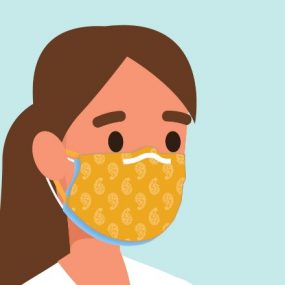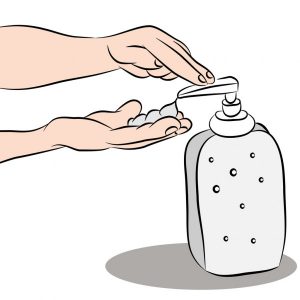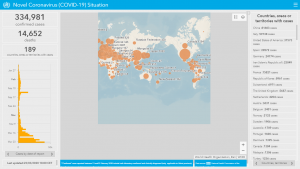Sorry, no stock — Medication Shortage In Malaysia

An adequate supply of medications or medical equipment is essential in every healthcare setting. That being so, any disruption in the supply could jeopardize patients’ accessibility to standard medical care.
Over the past few months, there’s been an unprecedented medicine shortage in Malaysia, and many other countries, including Australia and Sri Lanka [1,2]. Medicine shortage in the Malaysian settings, in particular, involves cough syrups, cold and flu medications, antibiotics, and some children (pediatric) medications [3].
Why is this so, and how can we get to the bottom of it before matters worsen?
What’s The Source of Medication Shortage?
It’s difficult to pinpoint a single factor that has pushed many Malaysian pharmacies, clinics, and hospitals to a state of insufficient stocks. This is because medicine shortage is multi-fold, and numerous parties are involved in the safe supply of medicinal products.
Let’s take a close look into the factors that may have caused the current medication shortage in our country.
1. Imbalance in supply and demand
Recently, there’s been a sudden surge in influenza-like illness (ILI) and hand, foot and mouth disease (HFMD). As a result, the demand for common cold, flu, fever and cough medications has inevitably risen [4]. Many pharmacies and clinics run out of stock for these medications as little to no measures have been implemented to handle the high demand.
Luckily, some generic drug options contain the same chemical make-up as common medications. For example, Paracap is a generic alternative to the original brand Panadol, both of which contain the active ingredient paracetamol.
2. Geo-political issues
The political conflict between Ukraine and Russia has many global implications, medication shortages being one of them. The geopolitical conflict has caused a significant increase in petroleum prices and shipping costs. This imposes logistic problems for many manufacturers, forcing them to cancel or cut down on supplying pharmaceutical ingredients across borders [5].
Moreover, Russia is a major exporter of starch, a common pharmaceutical excipient used to produce tablets and syrup medications. Russia is also a prominent exporter of metals such as aluminum used in making blister packs. A shortage in these raw materials further impedes the process of supplying medications to Malaysia.

3. Interrupted supply of raw materials
Local manufacturers in Malaysia heavily depend on raw materials sourced from other countries to produce medications. Although the COVID-19 pandemic is plateauing worldwide, movement control orders are still in place in some countries.
For instance, the two-month lockdown in Shanghai earlier this year caused a worrisome standstill in shipment. Consequently, there was an unanticipated delay in the delivery of raw material orders. The slow arrival of raw materials to Malaysia negatively affects the medicine manufacturing chain [6].
Solutions To Reduce Medicine Shortage
The Ministry of Health, Khairy Jamaluddin, met with representatives from pharmaceutical associations, industry players and suppliers. Followingly, he announced their decision to release the federal medicine stockpile to private hospitals, clinics and community pharmacies to overcome the short-term shortage of medicines [7].
However, the number of medicines “shared” or “loaned” to these healthcare facilities has not been decided yet. Malaysia’s medicine manufacturers are also requested to increase their production capacity to facilitate quick stock stabilization.
The Role of The Public
The topic of panic buying and stockpiling has been a concern since the beginning of the Covid-19 pandemic. Unnecessarily hoarding common medications further adds to the medicine shortage crisis.

That being so, we strongly encourage you to be a responsible consumer by refraining from bulk buying medicinal products if you don’t immediately need them. Practice purchasing medications on an “as needed” basis because stocking up will only worsen conditions in the near future.
Bottomline
Medication shortage is a pressing issue because it can cost the health of our community if not addressed promptly. Fortunately, we’re almost at the end of this challenging situation! The medication shortages in Malaysia are expected to stabilize in the third quarter of this year.
But that doesn’t mean the issue would not repeat itself. Let’s all be responsible consumers to save ourselves from another event of medication shortage in the future.













